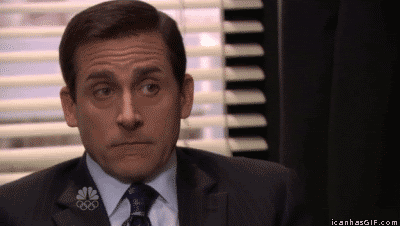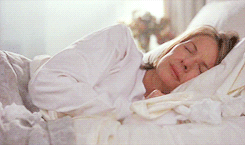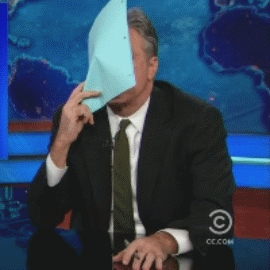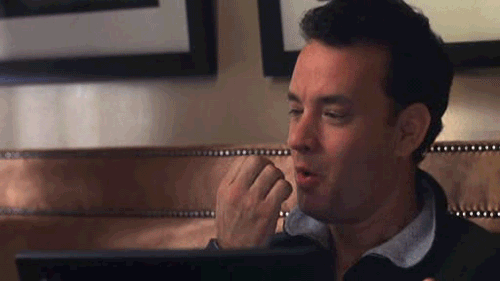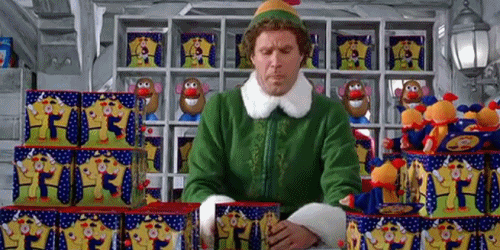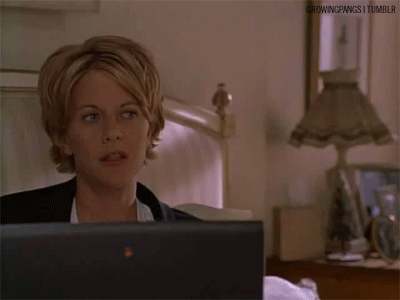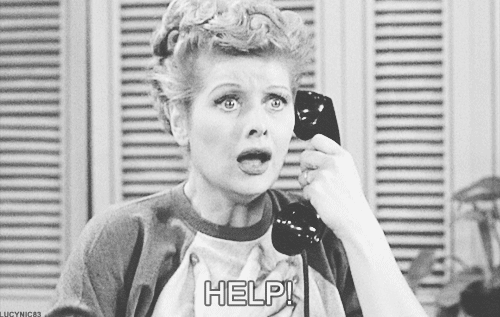I was in a bookstore a few weeks ago, buying a book written by an author I admire. The bookseller informed me, with much enthusiasm, that they had a stack of signed copies. The author was not there at the moment, and with dozens of signed copies before me, I wondered just how valuable the signature was. To the author. To collectors. To me.
As with every part of this publishing journey, I decided to stop and ask two questions about the process. Why do we do that? Do I need to do that?
What’s in a signature?
In a world in which there are fewer reasons to sign documents, as outlined in this 2018 New York Times article, Why Signatures Matter, to some the signature has lost all meaning. It used to be that, as Steven Petro writes, “each signature was an original creation.” Now, in many cases—credit cards with chips for instance—the signature has become moot. Based on that logic, sign all the books I want, right?
However, in the last couple of years, the only documents that required my signature (and proof of it) were forms to refinance my house, my passport, banking documents, and HIPAA/medical release forms. Those are major documents where the signature becomes part of a binding agreement, and not one to lightly toss around. So is my signature more valuable than I thought?
Does an author signature have value?
An item—art, stamps, a signed book—has value for the joy it brings the owner. However, as my parents always said of stamps and art… it’s only worth money if I sell it. For book collectors, the same applies to author signatures. There are multiple variations on the way authors sign books, as outlined in this article by Denise Enck. Whether it’s inscribed, signed, or attributed, ultimately the worth of the book, “could be large, moderate, or negligible, depending upon the book in question.”
I own an illustrated edition of David McCullough’s 1776. I could buy it signed for $150 on ebay, but the copy I have is more valuable to me because it was a gift from a dear friend. Would I want McCullough to sign it if I met him? Not necessarily, because it’s not like I’m going to sell it. I’d rather ask him if he ever got the letter I wrote to him and then I hope we’d talk about George Washington in Harlem Heights, but I digress…
Perhaps popularity or whether an author is alive or dead matters. A first-edition Ann Patchett can run about $10. A first edition Hemingway, A Farewell To Arms, sold for over $18,000 in 2014. I ain’t no Hemingway.
Mine is a first edition. But it’s a paperback. But I’m kind of a nobody and alive. For now. So what am I to do? I turned back to the story within my book and to the founding fathers.
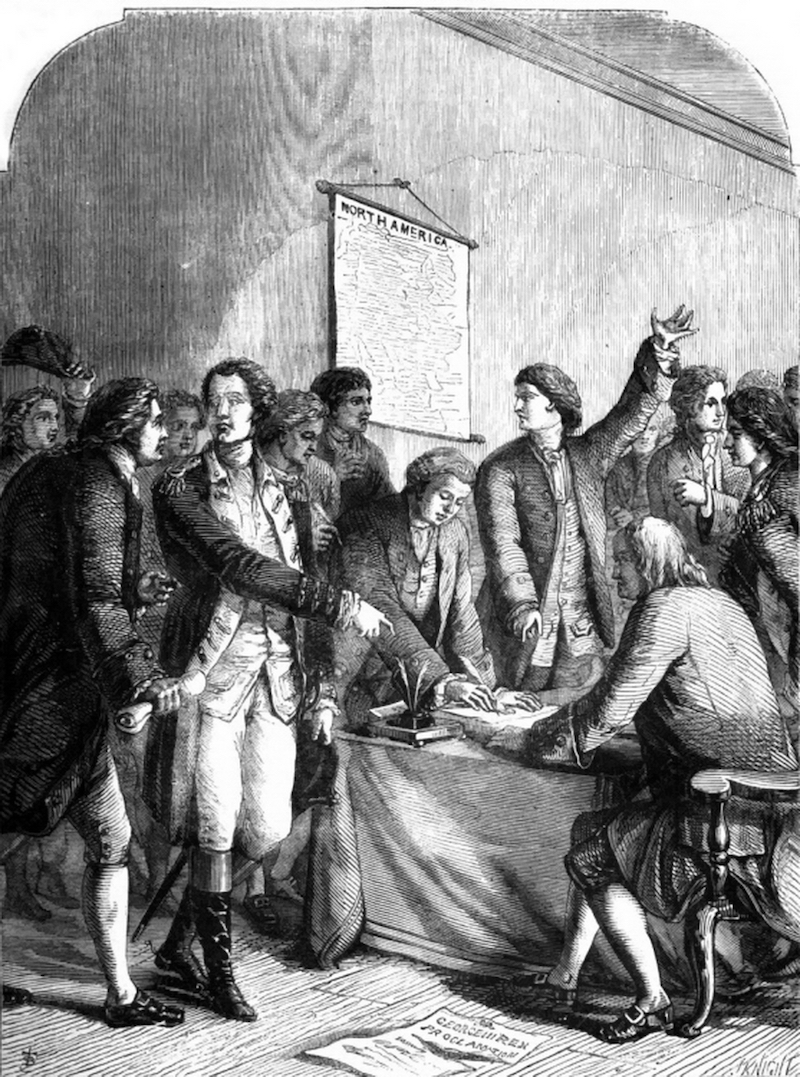
This country is founded on the importance of signatures.
The whole premise of CARRYING INDEPENDENCE is based upon the simple fact that the newly-formed Congress in 1776 deemed it 100% necessary to ensure the original signatures from all 56 men in Congress were affixed to ONE copy of the Declaration of Independence. (My protagonist, Nathaniel, also struggles mightily, as many an Americans did, over whether to sign an oath to the Crown or to the colonies.)
When the last delegate, Thomas McKean, signed the Declaration (a topic for another day), Congress had a formal unanimous agreement to separate from the Crown (which they had done verbally on July 2nd), and now they had a written contract that also bound together the 13 united states. We still honor that document today. Revere it! Signatures damn-well mattered.
Limited Signed Editions of Carrying Independence.
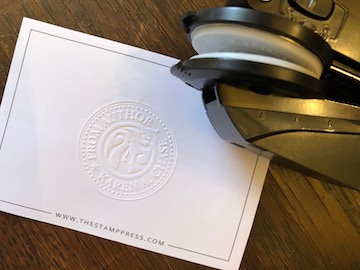 After much thought, and in the spirit of the document, I am limiting the number of signed copies of my novel to just 76 (in honor of the year 1776, of course). I am reserving the first 20 copies for personal use and charitable endeavors, and 56 are being made available on a first-come-basis to the public during the pre-sale period, which begins this Thursday on April 11th. Each of those 76 copies will have a full signature, each will be numbered, and each will carry my personal seal (shown here).
After much thought, and in the spirit of the document, I am limiting the number of signed copies of my novel to just 76 (in honor of the year 1776, of course). I am reserving the first 20 copies for personal use and charitable endeavors, and 56 are being made available on a first-come-basis to the public during the pre-sale period, which begins this Thursday on April 11th. Each of those 76 copies will have a full signature, each will be numbered, and each will carry my personal seal (shown here).
“But how will you autograph them at book talks?” a friend asked. I will still inscribe a copy to readers with their name, but alas, my full signature will not be penned. Nor will you find my scrawl in stacks of books set upon tables for just anyone to pick up.
Is that arrogant? Maybe. Isn’t assuming everyone will want my autograph equally so? Ultimately, I believe that signatures matter. They surely did in 1776. Perhaps one day history might determine mine does, too.
Follow/watch my Author Facebook page on April 11th for details on how you might secure one of the 56 signed copies.
. . . . . . . . . . . . . . . . . . . . . . . . . . . . . .
Thanks for sharing in the spirit of learning about our collective American History by subscribing to the blog. Guest posts are welcomed and encouraged. Contact me for details.
For Karen-related author research tidbits, book news and events, subscribe to my e-publication, CHASING HISTORIES.

